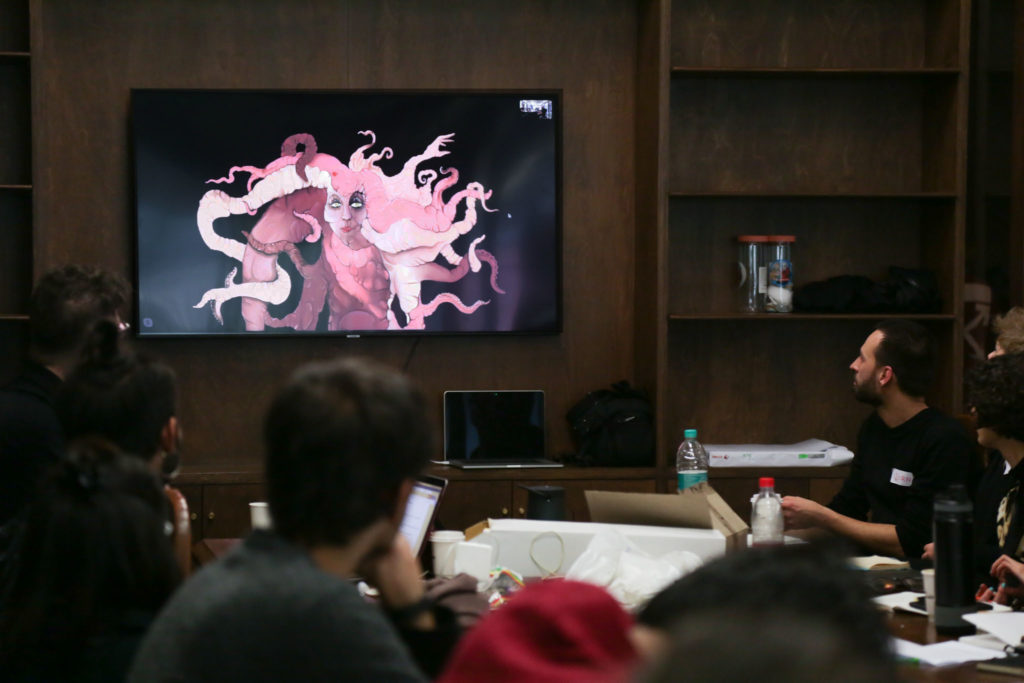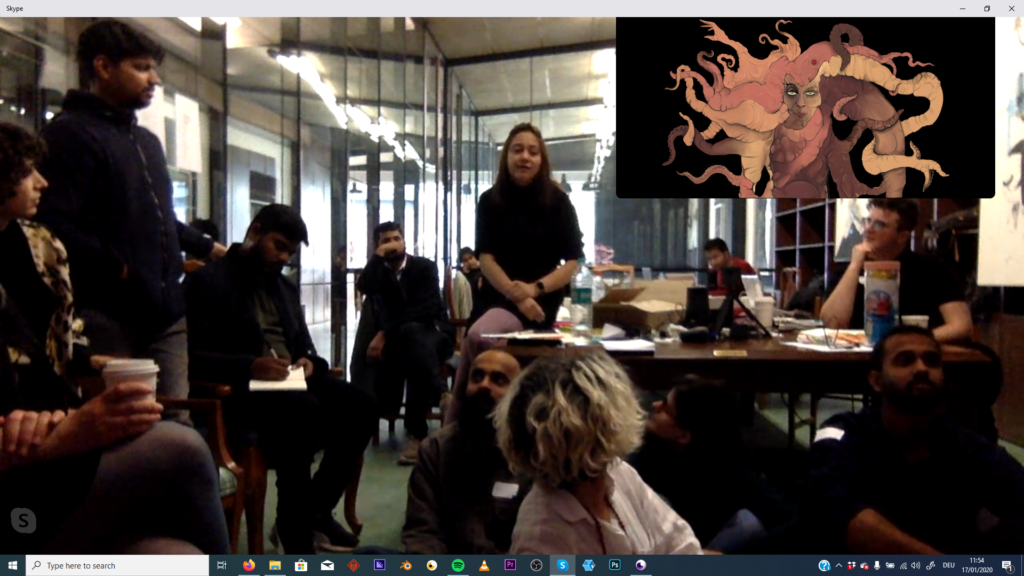The Politics of Facial Recognition System: The biased History of Algorithms
This visual essay was presented at the workshop: Code, Layers, Infrastructures as part of the New Alphabet School #3 Coding. Convened by Loren Britton, Isabel Paehr, Jörn Röder and Kamran Behrouz alongside a live discussion with the avatar and participants about the politics of FRS in India and in global scale at The Common Room Foundation, New Delhi.
The aim of this argument is to unfold and decode the inherit racial biases and structural racism in FRS (facial recognition systems) through re-reading the essay: Picturing Algorithmic Surveillance co-written by Lucas D. Introna and David Wood1 after almost two decades.
History of technoscience is indeed shaped around colonial visions. As Donna Haraway in “modest witness” mentioned: “anti-Semitism and misogyny intensified in the Renaissance and Scientific Revolution of early modern Europe, that racism and colonialism flourished in the traveling habits of the cosmopolitan Enlightenment, and that the intensified misery of billions of men and women seems organically rooted in the freedoms of transnational capitalism and technoscience.” 2

©️ Photo by Annette Jacob 
Zürich – New Dehli Skype meeting at The Common Room
-
1Picturing Algorithmic Surveillance: The Politics of Facial Recognition Systems by Lucas D. Introna and David Wood
-
2Donna J. Haraway; with paintings by Lynn M. Randolph, Modest Witness@ Second Millennium. FemaleMan meets OncoMouse : feminism and technoscience, New York, Routledge, 1997